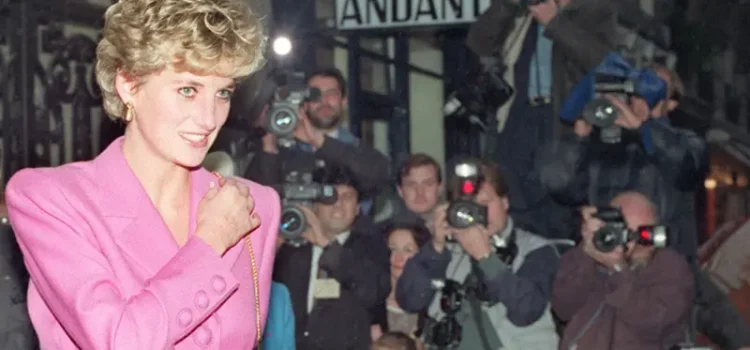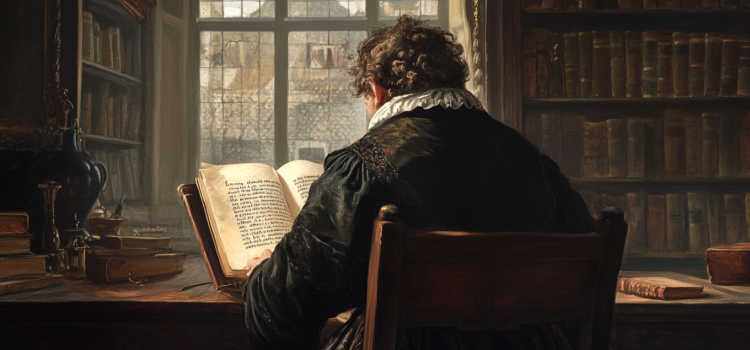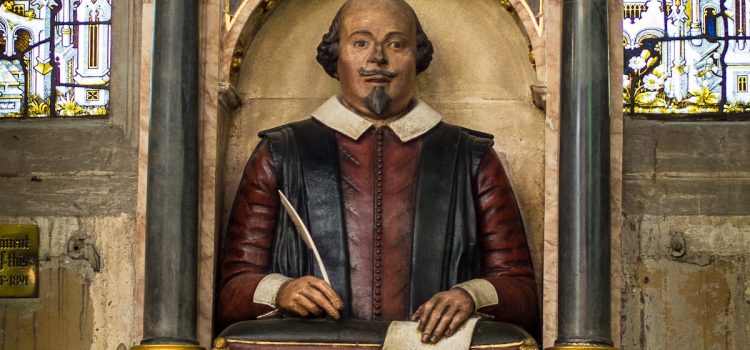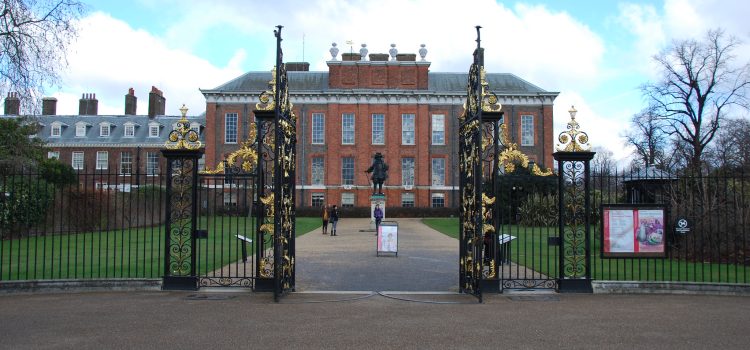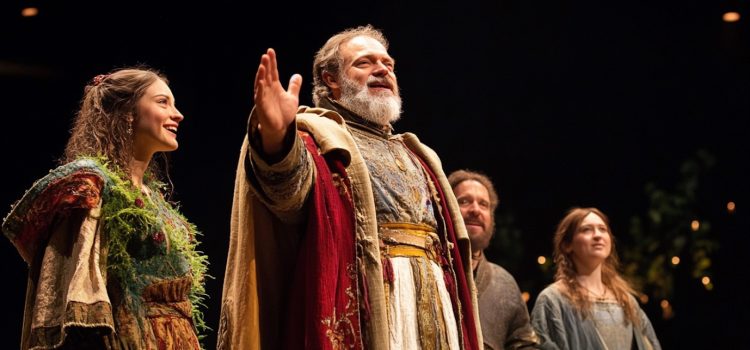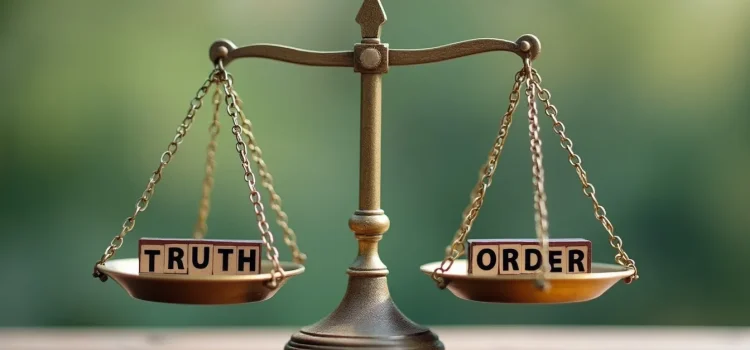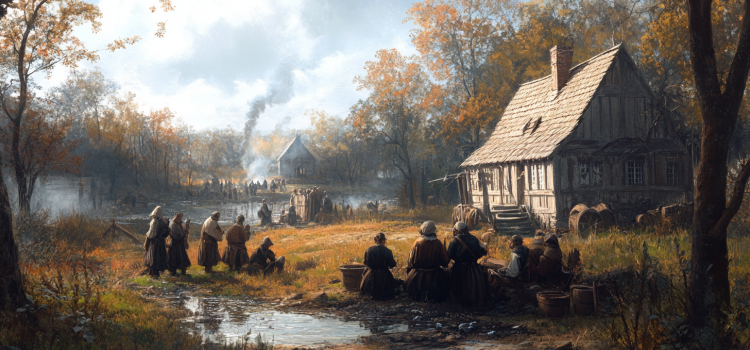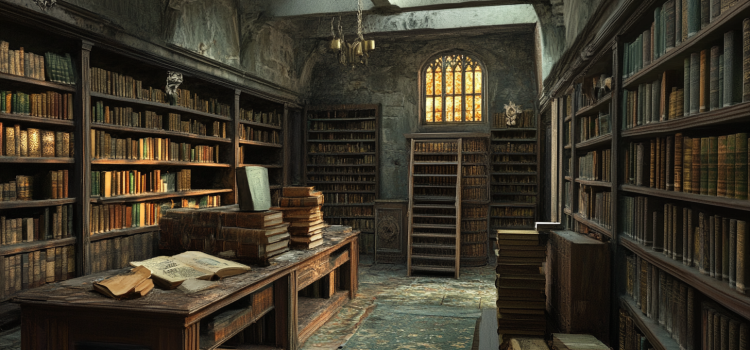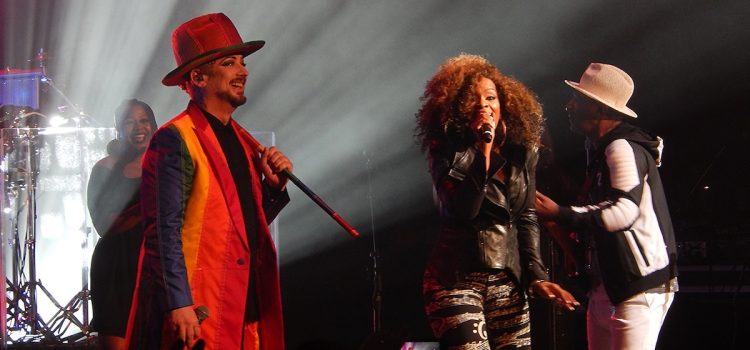How did Princess Diana truly feel about the media’s constant presence in her life? What made her both embrace and fear the press that followed her every move? In his book Diana, Ken Wharfe explores the fascinating dynamic between Princess Diana and the media. From strategic photo opportunities to leaked phone calls, the complex relationship shaped both her public image and private struggles. Continue reading to discover the untold story of how one of the world’s most photographed women learned to dance with the press that both elevated and haunted her.
Princess Diana and the Media: A Complex Relationship
